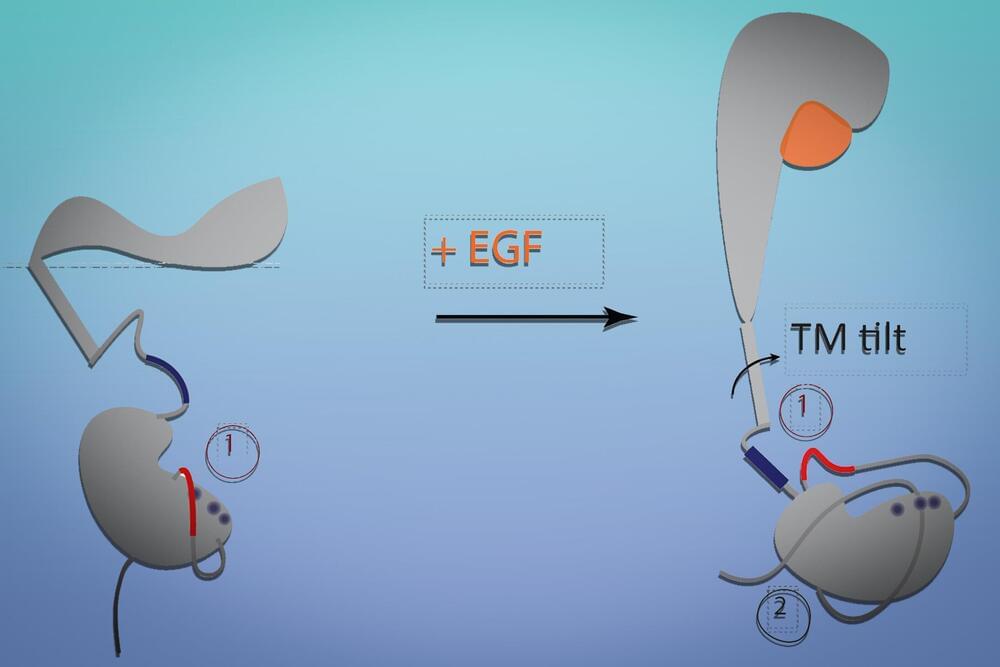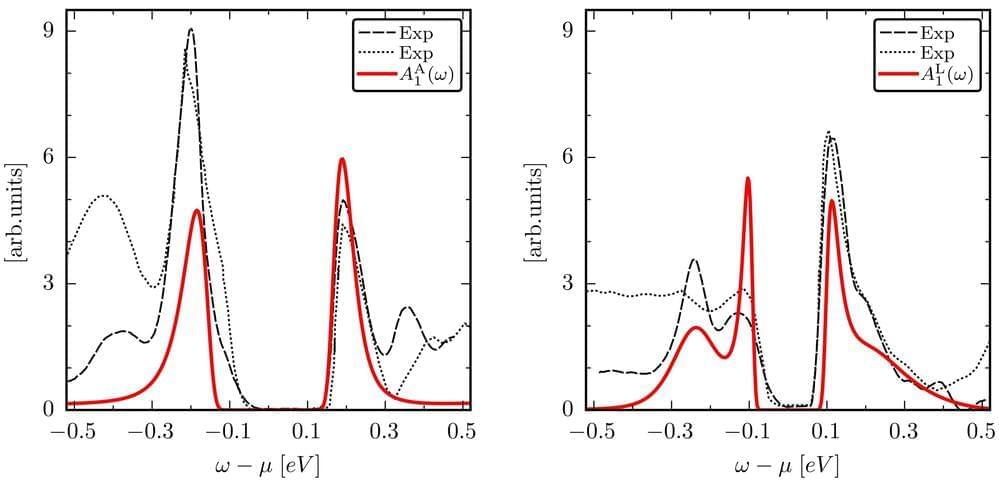Receptors found on cell surfaces bind to hormones, proteins, and other molecules, helping cells respond to their environment. MIT chemists have now discovered how one of these receptors changes its shape when it binds to its target, and how those changes trigger cells to grow and proliferate.
This receptor, known as epidermal growth factor receptor (EGFR), is overexpressed in many types of cancer and is the target of several cancer drugs. These drugs often work well at first, but tumors can become resistant to them. Understanding the mechanism of these receptors better may help researchers design drugs that can evade that resistance, says Gabriela Schlau-Cohen, an associate professor of chemistry at MIT.
“Thinking about more general mechanisms to target EGFR is an exciting new direction, and gives you a new avenue to think about possible therapies that may not evolve resistance as easily,” she says.








